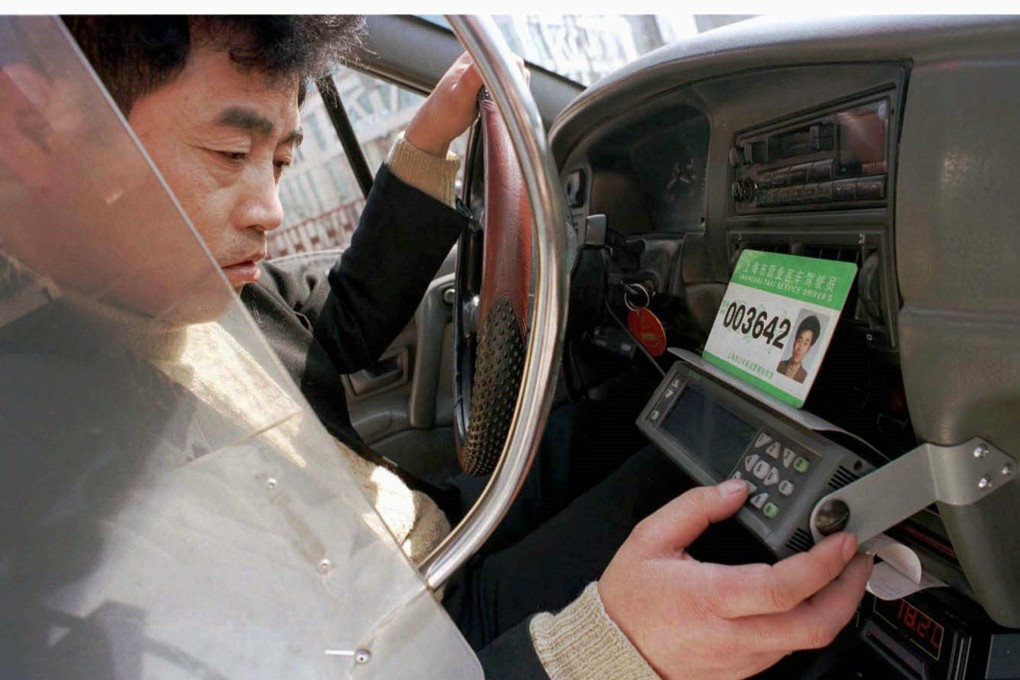Mr. Shangkong | When 60,000 taxis are not enough for Shanghai
While anti-Uber protests are on the rise, the demand for such services cannot be dismissed

In Shanghai where more than 60,000 taxis with official government licences are on the road every day, the locals keep complaining about the lack of cabs as well as worsening service standards of 'official' taxis. Meanwhile, more locals, especially the tech-savvy younger generation, use Uber or Uber-like local car-hailing service Didi.
When getting in an officially licensed taxi and talking with the driver, you tend to hear a lot of complaints about Uber and Didi.
But when you ask your friends what they think about Uber and Didi, most of them simply praise their cheap and efficient services.
Even my mother, who is in her late 60s and just got a new iPhone, urged me to help her install the app so she can use Uber rather than stand in the street hoping to find a government licensed taxi quickly.
